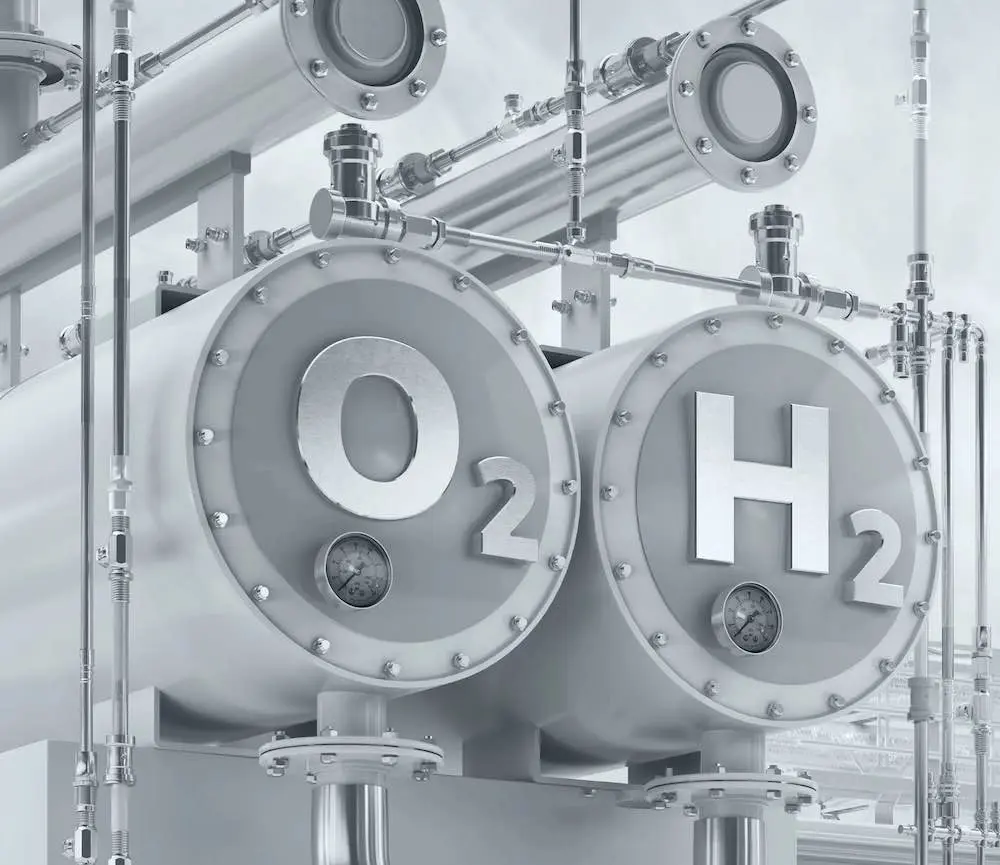A new study has determined that the global warming potential of leaked hydrogen is almost 12-times stronger than CO2, highlighting the need for stronger safeguards to prevent leakages during production, transportation, and usage.
The study, published in the journal Communications Earth & Environment, was undertaken by researchers from Norway’s Climate for International Climate Research, or CICERO.
“The climate effects of hydrogen have been an under-researched topic,” said Dr Maria Sand, a senior scientist at CICERO, who added that their “estimated global warming potential (GWP100) of 11.6.”
“A global warming potential of 11.6 is significant, and our study clearly shows the importance of reducing hydrogen leaks. We lack the technology to monitor and detect hydrogen leaks at the scale needed, but new technology is being developed as the industry adapts,” said Sand.
Hydrogen has been put forward as an often over-hyped solution to the world’s green energy transition. While it is likely to be indispensable in solving hard to abate sectors – and is unlikely to gain much traction in passenger cars, for instance – the Cicero study raises questions as to its benefits.
“A key part of potential benefit of switching to a hydrogen economy will depend on the magnitude of hydrogen leakages and to what extent hydrogen replaces fossil fuels,” Sand said.
“There are still many open questions, and our group will continue to expand our knowledge to ensure timely and accurate decision-making on a key mitigation technology.”
It is important to note that hydrogen is not a greenhouse gas and does not act like other greenhouse gases, such as methane or nitrous oxide. The problem is when hydrogen leaks from production, transportation, and usage.
It is the chemical reaction in the atmosphere from leaked hydrogen which affects greenhouse gases like methane, ozone, and stratospheric water vapour, and which results in global warming effects.
A study earlier this year published by Princeton University and the National Oceanic and Atmospheric Association, found that hydrogen’s potential as a clean fuel could be limited by a chemical reaction in the lower atmosphere.
This is because hydrogen gas easily reacts in the atmosphere with the same molecule primarily responsible for breaking down methane, a potent greenhouse gas, according to an article in Phys.org.
The study found that if hydrogen emissions exceed a certain threshold, that shared reaction will likely lead to methane accumulating in the atmosphere—with decades-long climate consequences.
“Hydrogen is theoretically the fuel of the future,” said Matteo Bertagni, a postdoctoral researcher at the High Meadows Environmental Institute working on the Carbon Mitigation Initiative. “In practice, though, it poses many environmental and technological concerns that still need to be addressed.”









